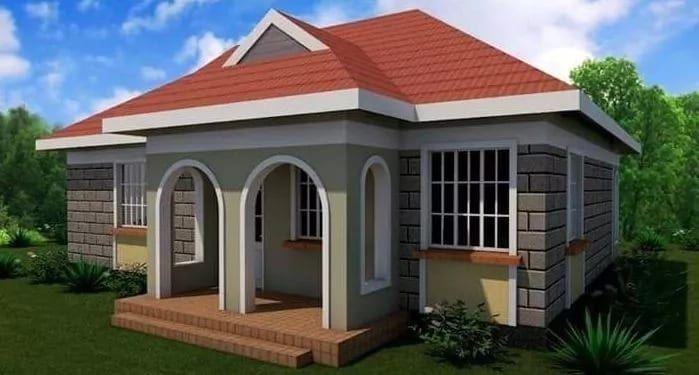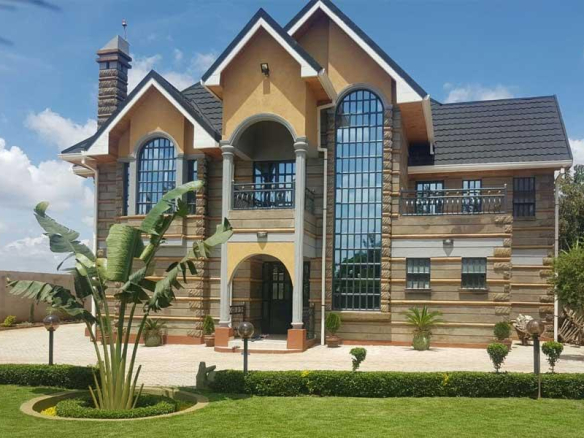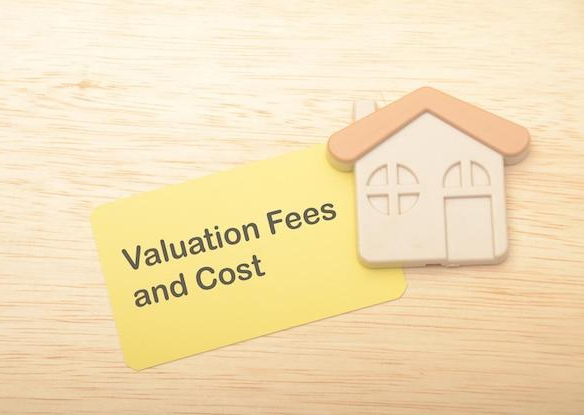In a world where the hustle and bustle of urban life often dictates the choices we make, the question of whether to rent or buy a home becomes a pivotal decision for many Kenyans. With the rising demand for housing in cities like Nairobi, Mombasa, Nakuru, Eldoret, Nanyuki, Naivasha, Kisumu among other areas, potential homeowners and renters alike are faced with a plethora of options, often overwhelming in their diversity. Each path—renting or buying—brings with it unique benefits and challenges that can shape one’s lifestyle and financial future.

Evaluating Your Financial Landscape: Understanding Costs and Commitments
Before making a decision between renting and buying, it’s essential to get a clear picture of your financial landscape. Understanding your costs and commitments allows you to assess what you can realistically afford, providing a framework for your home search. Key expenses to consider include:
- Monthly Rent or Mortgage Payments: Compare the ongoing costs associated with each option.
- Upfront Costs: For buying, remember to factor in the down payment, closing costs, and inspection fees.
- Maintenance and Repairs: Homeownership often carries hidden costs that renters typically avoid.
- Utilities: They can vary between rental properties and owned homes, impacting your monthly budget.
To further compare your financial commitments, consider the following table that outlines potential costs associated with each path:
| Cost Factor | Renting | Buying |
|---|---|---|
| Initial Payment | First Month’s Rent + Deposit | Down Payment + Closing Costs |
| Ongoing Expenses | Monthly Rent | Mortgage + Property Taxes |
| Maintenance | Landlord’s Responsibility | Homeowner’s Responsibility |
| Utilities | Varies by Rental | Typically Higher due to Size |
By comprehensively evaluating these elements, you’ll equip yourself with the knowledge needed to make an informed decision. Each choice carries its own set of financial implications, and recognizing these will help define your personal goals in homeownership.
Navigating the Market: Key Factors in Choosing Between Renting and Buying
When considering whether to rent or buy in the vibrant Kenyan real estate market, it’s essential to weigh the **financial implications** alongside personal circumstances. Renting often offers greater flexibility, especially for those who are still exploring different neighborhoods or are uncertain about their long-term plans. The initial costs associated with renting are typically lower, allowing you to allocate resources to other important areas, such as savings or investments. This option can be particularly advantageous in metropolitan areas like Nairobi, where the market can shift rapidly, and potential buyers may find themselves at the mercy of fluctuating interest rates.
On the other hand, purchasing property can be a sound investment, particularly in regions poised for growth. When you buy, you are building equity over time, which can lead to financial stability and security. Consider the following factors when making your decision:
- Duration of Stay: Plan to stay for several years? Buying may be more beneficial.
- Market Trends: Are property values rising in your area? This could influence your choice.
- Maintenance Responsibilities: Renting minimizes your exposure to upkeep costs.
- Personal Financial Situation: Assess whether your current savings can support a down payment.
| Aspect | Renting | Buying |
|---|---|---|
| Initial Costs | Lower | Higher |
| Flexibility | High | Low |
| Equity Building | No | Yes |
| Maintenance | Landlord’s Responsibility | Owner’s Responsibility |

Finding the Right Fit: Essential Features for Modern Kenyan Homes
When searching for a home that perfectly suits your lifestyle in Kenya, there are several essential features to consider. Modern Kenyan homes often reflect a blend of functionality and cultural aesthetics. Here’s what to prioritize:
- Space and Layout: Ensure the home has an open design that accommodates family gatherings while also ensuring privacy in personal spaces.
- Natural Light: Large windows and skylights maximize sun exposure, creating a bright, inviting atmosphere.
- Outdoor Areas: Balconies, gardens, or terraces can greatly enhance your living experience by providing space for relaxation and socializing.
- Energy Efficiency: Look for homes with solar panels, energy-efficient appliances, and good insulation to keep utility costs low.
- Security Features: A secure environment is paramount, so consider homes with gated access, cameras, and nearby police presence.
It’s also wise to assess the location and accessibility of your new home. A well-situated property can make all the difference in your daily life, providing convenient access to essential services and leisure activities. Consider these points:
| Feature | Importance |
|---|---|
| Proximity to Schools | Family-friendly neighborhoods enhance children’s education opportunities. |
| Access to Public Transport | Saves time and money on commuting, improving your daily routine. |
| Nearby Amenities | Grocery stores, parks, and medical facilities promote convenience and community living. |
| Future Development Plans | Investing in areas with planned infrastructure enhancements can increase property value. |

Maximizing Your Investment: Tips for Negotiation and Future Growth
When engaging in the rental or purchase of a property in Kenya, honing your negotiation skills can significantly impact your investment’s value. Begin by conducting thorough market research to establish a clear understanding of current property prices in your desired area. This knowledge will empower you during discussions and give you a foundation for your negotiation strategy. Consider the following tips to enhance your bargaining position:
- Know the Market: Familiarize yourself with comparable properties and their values.
- Be Flexible: Express openness to various settlement terms; adaptability can lead to better deals.
- Build Rapport: Establishing a personal connection with the landlord or seller can pave the way for amicable negotiations.
For future growth, it’s important to focus not just on the immediate financial implications, but also on the long-term value appreciation of your investment. Educate yourself about the community and its potential for development; areas undergoing infrastructural changes tend to appreciate faster. Below is a simple table highlighting key factors that contribute to property value growth:
| Factor | Impact on Value |
|---|---|
| Infrastructure Development | High - Improved roads, schools, and hospitals increase property desirability. |
| Neighborhood Trends | Medium – Gentrification or revitalization can drive demand. |
| Local Economy | High – A booming job market can enhance property prices. |
In Retrospect the decision to rent or buy a home in Kenya is as nuanced as the vibrant landscapes that dot this beautiful nation. Whether you find solace in the flexibility that renting offers or the long-term investment potential of purchasing, understanding the intricacies of the market is key to making an informed choice. With the tips outlined in our guide, you’re now equipped to navigate the dynamic world of real estate, making your journey in smart home hunting both rewarding and satisfying. Remember, whether you hold the keys to a rented sanctuary or claim ownership of your dream home, the most important factor is that it feels like a place where you can flourish. Happy hunting, and may your vision of home become a beautiful reality!





Join The Discussion